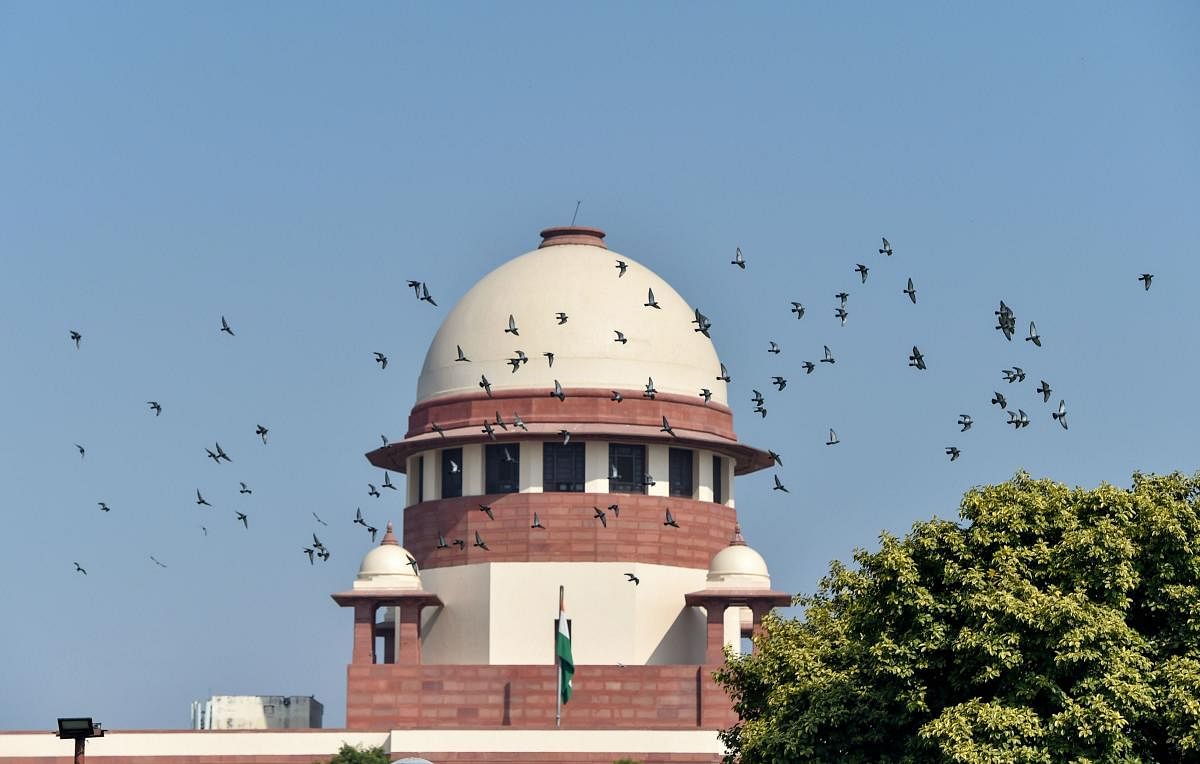
The Supreme Court has said that relief-oriented and liberal approach cannot be a ground to cast aspersions on the honesty and integrity of a judge.
Maintaining that Judges, like Caesar’s wife, must be above suspicion, a bench of Chief Justice S A Bobde, B R Gavai and Surya Kant, however, said it was necessary that any corruption or deviation from judicial propriety by the guardians of law themselves, be dealt with sternly and swiftly.
Fourteen years after the dismissal of a woman judge from service, the top court allowed her plea for reinstatement with all retiral benefits after finding that there was no explicit charge of extraneous consideration against her in passing judicial orders for higher compensation in land acquisition cases.
The bench said the entire case against petitioner Sadhna Chaudhary “collapses like a pack of cards” since the alleged “erroneous” and “abhorrent” orders passed by her in 2003 itself have not only been untouched by superior courts and but instead in one of the two cases, the compensation was increased.
The court set aside the order of dismissal passed by the High Court against Chaudhary on January 17, 2006.
In its judgement, the court said the correctness of orders passed by her as Additional District Judge, Ghaziabad probably would not have mattered as much, had there been a specific charge that the decision-making process was effectuated by extraneous considerations.
In her case, the exclusive cause of enquiry, inference of dishonesty as well as imposition of penalty was only on the basis of the conclusion of enhancement of compensation. Since the High Court affirmed orders passed by her, “the very foundation of the charges no longer survives,”, the bench said.
The top court, however, found that the Allahabad High Court was correct when it said it was not the end result but the decision-making process employed by the delinquent officer, which mattered.
In the present case, the court clarified that it decided to examine the merits of the orders passed by the appellant since facts have distinctly established that her decision to increase the compensation was not abhorrent.
